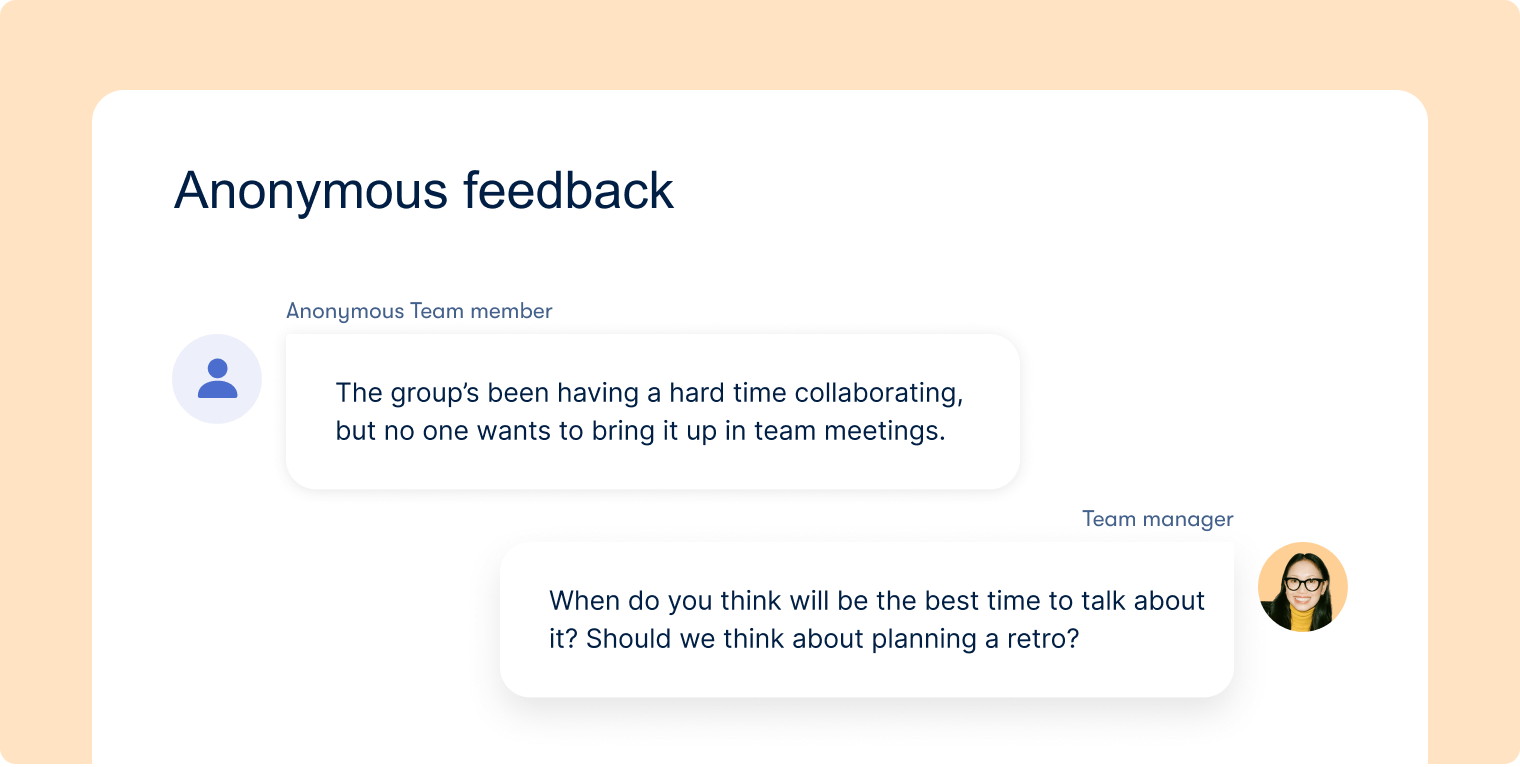Have you ever wondered whether you treat employees differently, or if you come across to your team as having favourites? Part of being a great manager is adopting a fair and consistent leadership style, but this is often easier said than done.
The fact is people are unique, and your team members likely have different strengths, needs, preferences, and aspirations. All of these things will influence how you work with and coach each of them—as it should.
Managing a team fairly is more nuanced than treating everyone the same way. It takes interpersonal skills, and will look different depending on who’s on your team and what they’re working on.
That’s why we spoke with a real manager, Judy Sheriff, VP of Demand at Refine Labs, about how she demonstrates fairness in leadership, and the experiences that have shaped what being a fair manager means to her.
Meet Judy Sheriff, VP of Demand at Refine Labs
Judy has been working in the digital marketing space for a little over a decade, and in people management roles for most of her career. From her first role, she was responsible for hiring, coaching, and managing a team.

I think having a strong manager can really make or break your career progression, and your happiness at a company.
Judy Sheriff
Working with people and supporting them in their development and career progression is what she loves most about management. “I love getting to know people, really understanding what motivates them and what doesn't motivate them," she says.
From flawed to flawless: 5 steps to leading distributed teams

What's in this article
What does it mean to be a fair manager?
According to Judy, fairness is at the heart of what it means to be a good manager. She says some of the core management skills, like transparency, active listening, and being direct with feedback, are founded in being fair. And like so many aspects of being a great manager, being fair starts with leading by example.
It's not fair to ask my team to do something and have a certain standard, and then not uphold myself to that.
Additionally, being a fair manager is about learning more about each person on your team. When you understand how they like to be managed, what their goals are, and how they do their best work, you can adjust your management style to suit that. Judy does this by building relationships with employees.
I think the most fair thing you can do is work to understand each person's individual experiences, their personal goals, and what’s shaped their view of where they are now from a working perspective. And that just takes time getting to know the individual.
Why is fair management so important?
One of the greatest risks of not being fair, according to Judy, is that it can demotivate your team members, which will ultimately impact their engagement and performance. When managers play favorites, other people on their team can feel less valued. If they don’t feel they’re being recognized or appreciated, they might question if it’s worth it to put in the extra effort at work, and start to mentally clock out.
On top of the impact to employee engagement and team success, being unfair can also affect your success as a manager, Judy says. When people don’t feel that you’re being fair, you can end up losing your team’s trust. And this can quickly spiral into people questioning your leadership, or doubting your commitment and efforts.
There are two sides of it, the way employees feel about themselves, and the way they feel about their manager, and whether they're really cut out for that job or not.
Everyone gets an equal voice in Officevibe
Connect with your team members through employee Pulse Surveys and Anonymous Feedback in Officevibe. Give everyone a chance to share their honest thoughts with you in a safe and secure setting.

How to be a fair manager: 5 tips from Judy
So how do you put fairness into practice as a manager? These are some of the stand-out tips from our talk with Judy.
1. Check in with yourself and with your team
Set aside some time to consciously check in with yourself about your team. You can run through a list of your direct reports and note any commitments you need to follow up on for them or questions you need to ask. This will help you make sure you’re not leaving anyone hanging. You can also use this time to reach out to everyone directly, like Judy does.
I schedule some time into my day to do a team reflection or check-in. This morning I messaged everyone on my team and just asked ‘How's your Monday going? How was your weekend? Is there anything I can help with?’ in the first hour of the day.
Check in together: You can also check in with your team when you’re all together. Start off team meetings with a meeting check-in prompt, to give everyone a chance to share how they’re doing.
2. Use time as a way to measure fairness
Every manager’s time is precious. If you’re looking for a way to measure how fair you’re being to your team members, Judy says, you can start by checking your calendar. Of course, your schedule can fluctuate and depend on the needs of different employees, but it’s something to consider when you’re planning your week.
Time is a really concrete measure of management fairness. For me, it's about making a conscious effort to check in with the people who don't always reach out as proactively. It’s asking yourself, is there anyone I haven't talked to in a while?
Time management tip: Make sure you’re giving everyone dedicated time in one-on-one meetings. You can schedule recurring time slots with each employee on a weekly or bi-weekly basis, so you always have a moment to catch up and touch base.
3. Know the difference between equity and equality
Fairness doesn’t really look like treating every employee the same. Instead, you want to be an equitable leader, and adapt yourself to the different needs of each employee so that everyone can succeed. For Judy, this might mean giving star performers a bit more autonomy, and making an effort to coach and develop other team members who need more support.
Being an equitable manager is more about giving the right amount of attention and growth as it's proportionate to people. It's not necessarily unfair to the rest of your team if you have some star performers. You just need to make sure you find ways to enable the other people on your team, so that they have the opportunities to shine.
4. Give recognition to every team member
Another concrete way Judy strives to act fairly for her team is keeping track of who she’s giving recognition to, and how often. Giving employee recognition is really important to keeping up engagement, motivation, and a sense of purpose at work—all of which contribute to happier, higher-performing employees and teams. And showing appreciation doesn’t have to be reserved for your star performers.
I always look for the quieter moments that deserve recognition. There are a lot of things people do behind the scenes and are not necessarily the big, flashy call-out moments. But people love to be recognized and know that you see them doing things that are not necessarily front and center all the time.
Recognition idea: Judy does a ‘shout out of the week’ during her team’s Monday meetings. She makes a point of choosing different people to shout out each week, to give everyone the chance to have their hard work celebrated.
5. Share who you are and build relationships
Sometimes, a feeling of unfairness can happen when managers and employees have friendships. Other team members might feel left out or like the employee who’s friends with their manager gets special treatment. This is why Judy strives to foster personal relationships with everyone on her team, and find things in common they can connect over.
Usually, you can find some common ground with anybody. I'm an only child, and there's someone else on the team who’s an only child, so we've bonded about that. I'm a huge bookworm, and there's another person on the team who really likes to read, so we talk about our reading lists.
Being fair shows that you care
Fairness is a key trait every leader should demonstrate. And when you’re leading a team, it becomes especially important. Employees want to know that their manager has their back, and keeps their best interest at heart. Showing that fairness is a part of your management style gains their trust, and helps you build a stronger team.
Equip HR and managers with tools to engage, recognize, and drive performance.




